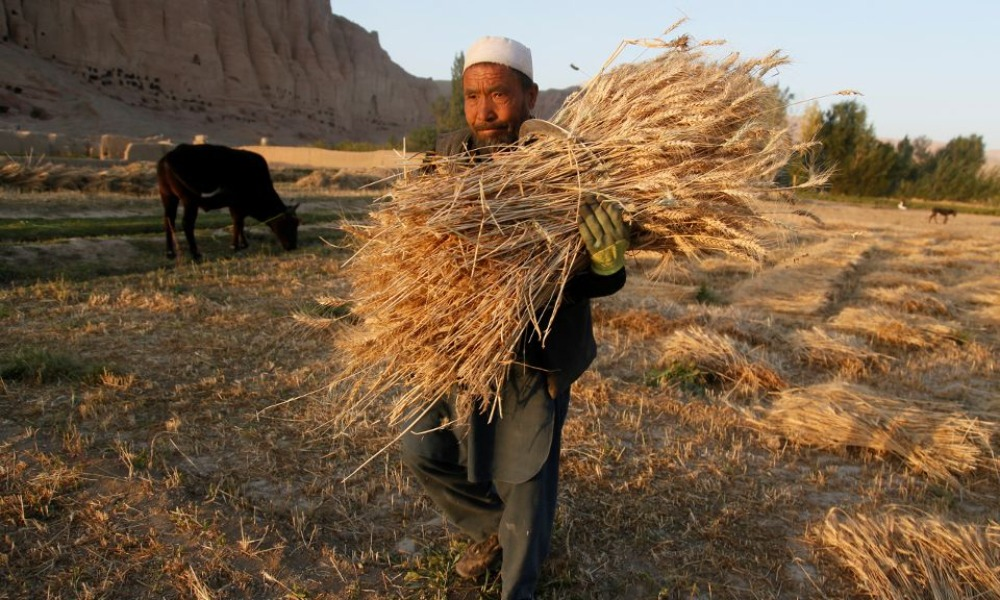
The International Federation of Red Cross and Red Crescent Societies (IFRC) said in a report that one-third of the Afghan population could suffer food insecurity due to a worsening drought crisis in the country.
According to the report, 13.1 million people are grappling with food shortages according to the latest food insecurity analysis.
This acute food security crisis compounds social and economic hardships already faced by millions of people in Afghanistan due to the COVID-19 pandemic and years of conflict.
Afghan Red Crescent Society Acting President, Dr Nilab Mobarez, said: “We are deeply concerned about worsening and severe water shortages in many areas, depleted food crops and crippled economic activity, such as decimated local markets and basic incomes.
“In the past month, Afghan Red Crescent volunteers and response teams have urgently ramped up relief, including food and cash assistance for thousands of drought-affected families across the parched provinces of Badghis, Baghlan and Faryab,” Mobarez added.
The IFRC has issued an Emergency Appeal seeking 7.5 million Swiss Francs to support the Afghan Red Crescent to deliver cash grants to buy food supplies and restore livelihoods and crops for 210,000 people in ten of the provinces worst affected by food insecurity and drought. Wheat production is expected to be slashed by up to 27 per cent in 2021, according to the Afghanistan Inter-Cluster Coordination Team, the report read.
“This is one of the worst ever droughts in Afghanistan and millions of people are barely surviving. People are walking long distances, as drinking water is running out and crops are failing,” said Necephor Mghendi, IFRC’s Head of Delegation for Afghanistan.
“We have grave fears for more than 18 million people who will need humanitarian support in Afghanistan this year due to this drought-driven food crisis piled on top of the debilitating social and economic impacts of COVID-19 and the long-running conflict,” Mghendi stated.
“We are appealing for urgent action to help the Afghan people in this hour of extreme need. Millions of people urgently need more food, water and cash assistance to survive. We are revitalising drought-resistant crops and diminished livestock, while supporting income generation for women and other population groups most at risk,” he said.
